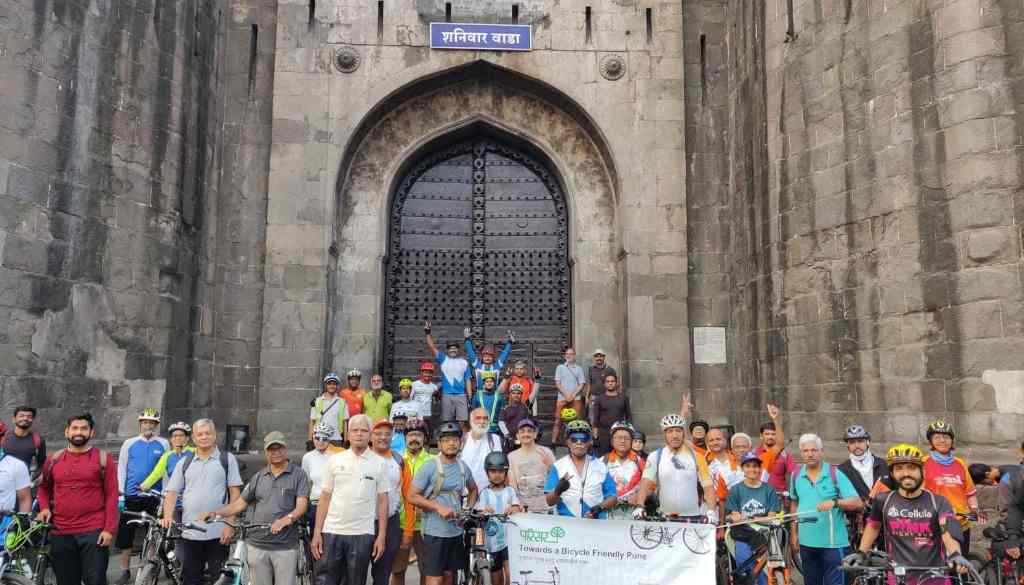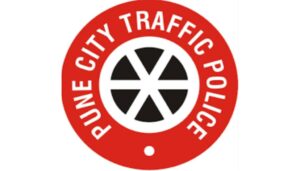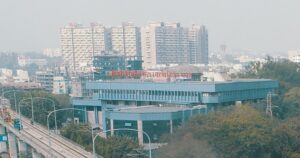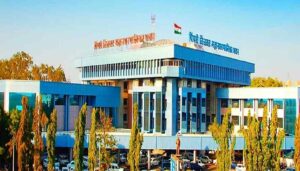Get Set Cycle, 2024: Igniting Pune’s Cycling Culture!

Pune, 1st April 2024: An annual cycling event organized by Parisar in partnership with Save Pune Traffic Movement (SPTM) and the Centre for Environment Education (CEE) on March 30th, 2024, at the S M Joshi Socialist Foundation, and supported by The Praj Foundation, marks the first step in revitalizing Pune’s cycling scene.
The conference launched ‘CycleON’, the Pune Cycle Partnership proposed in Pune’s Comprehensive Bicycle Plan. The Bicycle Plan, which proposes an 800-km network of cycling infrastructure in the city, was adopted by the PMC with support from the Government of India in 2017. “The proposal of a multi-stakeholder Pune Cycle Partnership working together with Government agencies to promote cycling through various activities came out of the extensive consultations that were conducted during the making of the bicycle plan,” said Sanskriti Menon of CEE, which was part of the consortium that prepared the plan.
“Cycle ON” will soon undertake the process of legally incorporating the entity. The partnership hopes to have a mix of CSOs, industry partners, cycling associations, and Government representatives in the final structure.
Five everyday cyclists were also felicitated at the program as ‘Cycling Stars’, to recognize the fact that even today there are many Punekars who cycle every day for all their trips and have been doing so for many years. The award was to appreciate their consistency and hope they inspire more people to cycle.
The conference hosted two panel discussions, one on revitalizing the cycling culture in Pune and the other on government efforts for making cycling-friendly cities. Talking about cycling culture, panelist Firoza Dadan spoke about her work in building the cycling community in Mumbai through her Cycle Chala City Bacha initiative, and the need for balancing cycling infrastructure demands with on-ground activities to have the critical mass needed to give momentum to cycling-friendly cities. Ashik Jain, Bicycle Mayor of Pimpri Chinchwad spoke about the Bicycle Mayor Programme and how he has been able to drive cycling-friendly initiatives in Pimpri Chinchwad. Harshad Abhyankar said that the easiest way to start cycling was to start cycling with short trips, neighborhood trips, and then gradually increase their cycling frequency.
A session on the role of schools in enabling cycling was also held, throwing light on the concept of a School Travel Improvement Plan and safe school zones, anchored by Amar Karan of CEE. Harshad Abhyankar spoke of the novel idea of a cycle bus which they have implemented in Paranjape School to encourage students to cycle to school in a group to enhance safety. Ajay Phatak, representing Jnana Prabodhini spoke of restraints of locations of schools in making space for safe cycling and parking around schools. Climate Warrior Divya Chavan shared that “For children to come to school on bicycles, a concerted effort from school authorities and parents is required. School is a very good place to plant the love of cycling and children who cycle can be awarded and appreciated, so more of them are inspired to do so.”
The second panel discussion focused on the government’s role in building cycling cities. Bapusaheb Gaikwad, Executive Engineer PCMC, shared the different initiatives taken up in Pimpri Chinchwad. He said, “PCMC is taking up every chance to learn and provide safe cycling and walking facilities to its citizens. In the past year, we have participated in the Cycles4Change Challenge and performed very well in three of their challenges. Pimpri Chinchwad is also one of the 10 cities winning globally in the Bloomberg Philanthropies Initiative for Cycling Infrastructure (BICI). Even during the JNNURM scheme, we created a 120km network of BRTS corridors and 4 corridors which are operational, which are still expanding. We have also been blessed with Commissioners who are supporting and driving the cause for sustainable transport.”
Architect Prasanna Desai said that one important way to make our roads safer for cyclists was to reduce speeds by having narrower lanes. When asked how many urban designers and planners are needed in any Municipal Corporation, Prasanna Desai said, “For a city like Pune, one needs at least 15-20 urban designers and planners, in fact, an independent Design Cell is needed if we really want our cities to be designed for all. Currently, we don’t even have one designer or planner in the corporation.”
Speaking about the role of state governments, Pranjal Kulkarni from ITDP said, “For any support from state governments, cities first need to take ownership. Without any proactive demands or plans from the city authorities, very little will be done at the state level.” Unfortunately, no representative from PMC attended.
A Heritage Bicycle Ride was organized on the 29th of March, saw a good response from Punekars. 60 cyclists of different age groups participated in the ride, curated and organized by Cymour Bicycle Institute.
A zine workshop was also conducted as part of the conference. Mumbai-based Zinedabaad Collective conducted the workshop, wherein participants came out with the enablers to cycling in their experience and the challenges to cycling. The unique feature of zine making is that it draws from the personal experience of the maker, providing a unique perspective on any issue.
A street play on cycling by the Mangal Theatre group was also performed for the audience at the conference.





